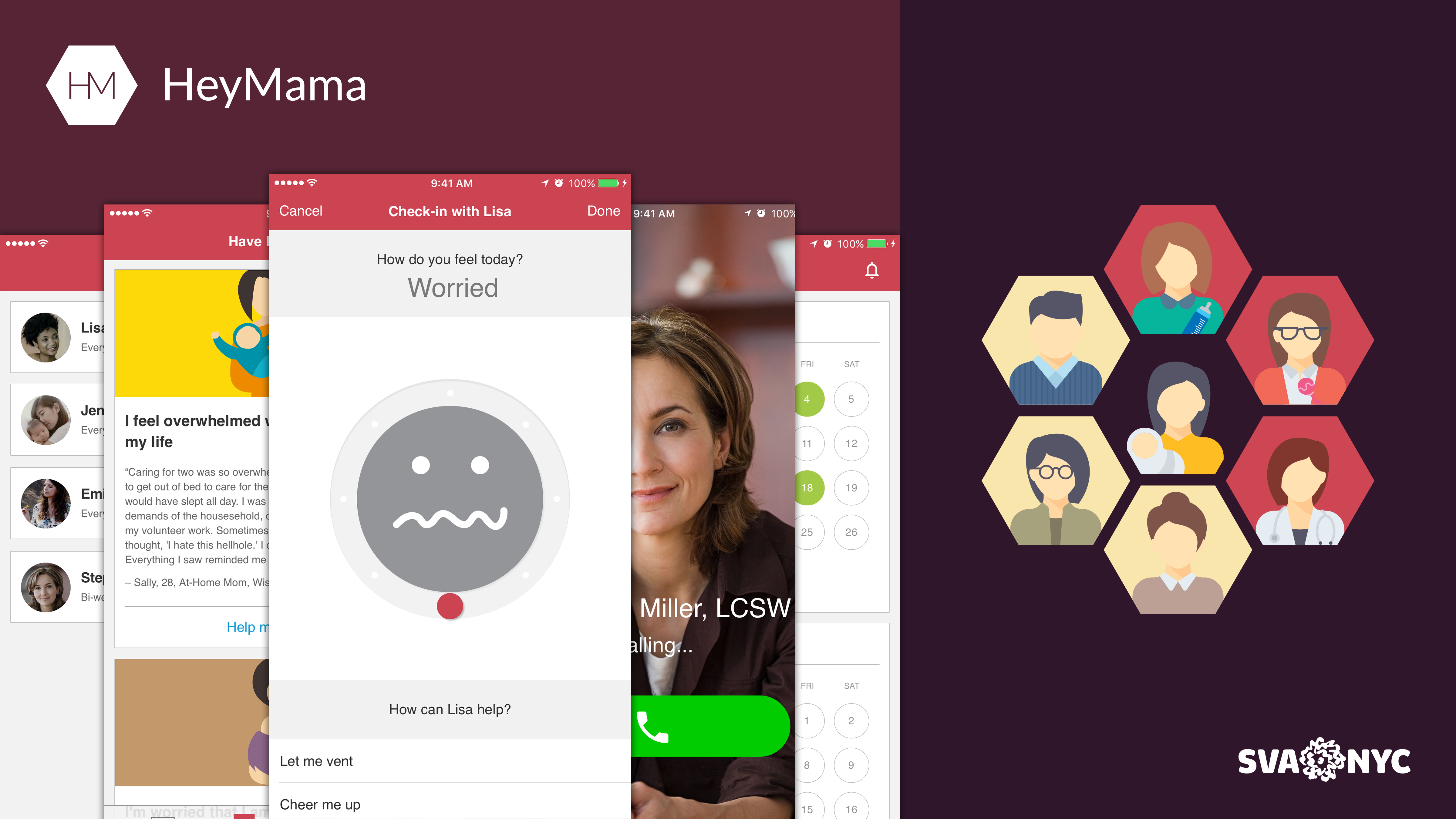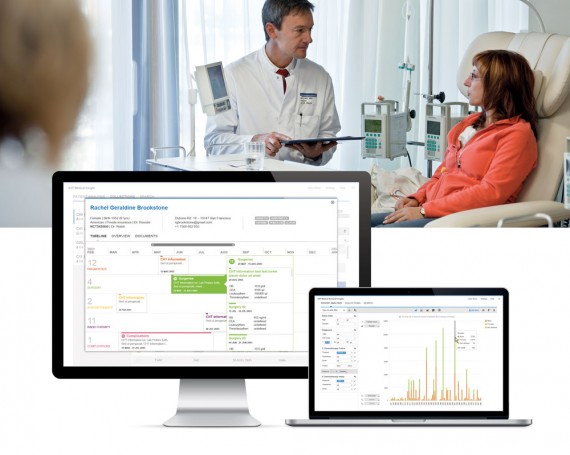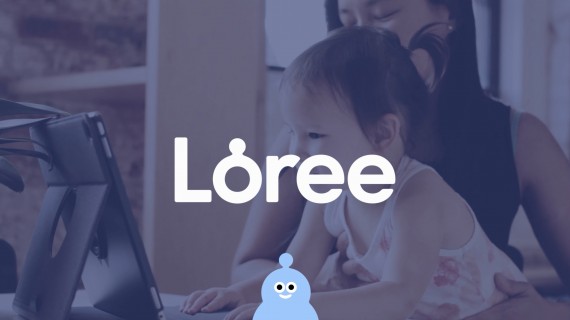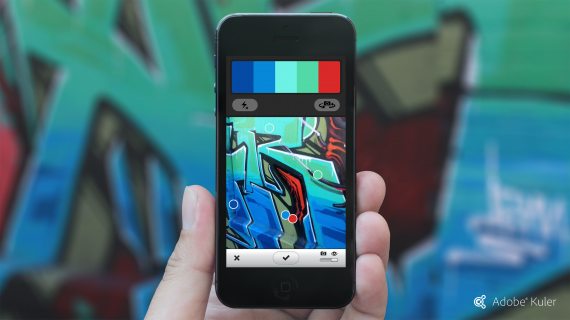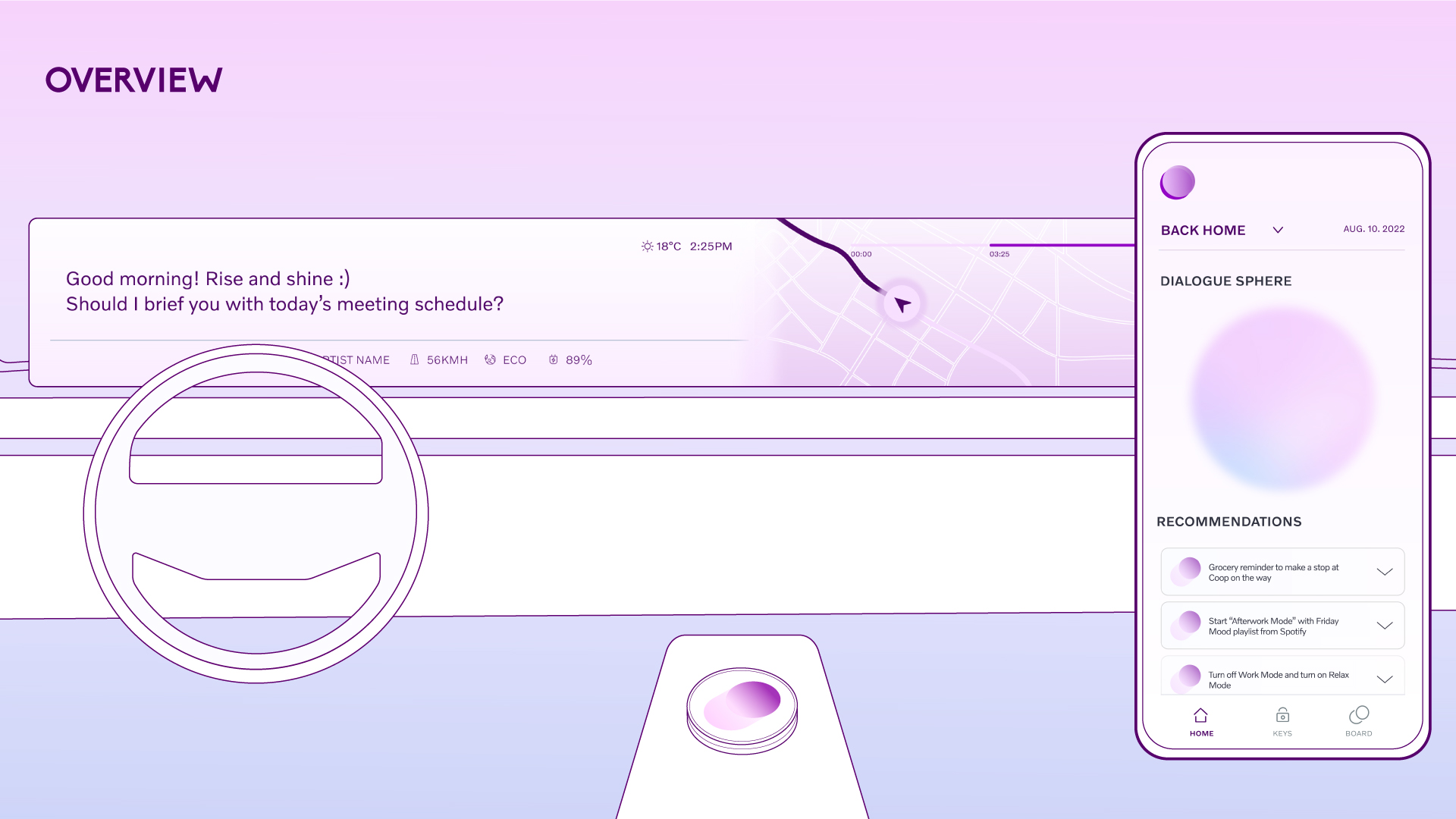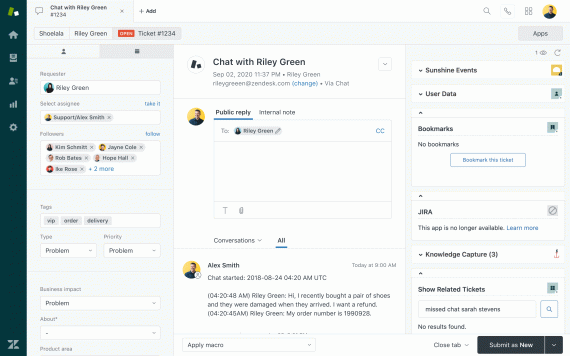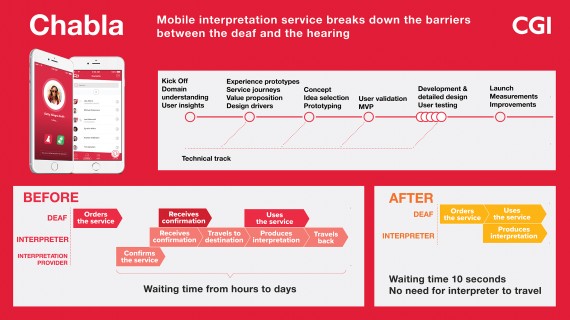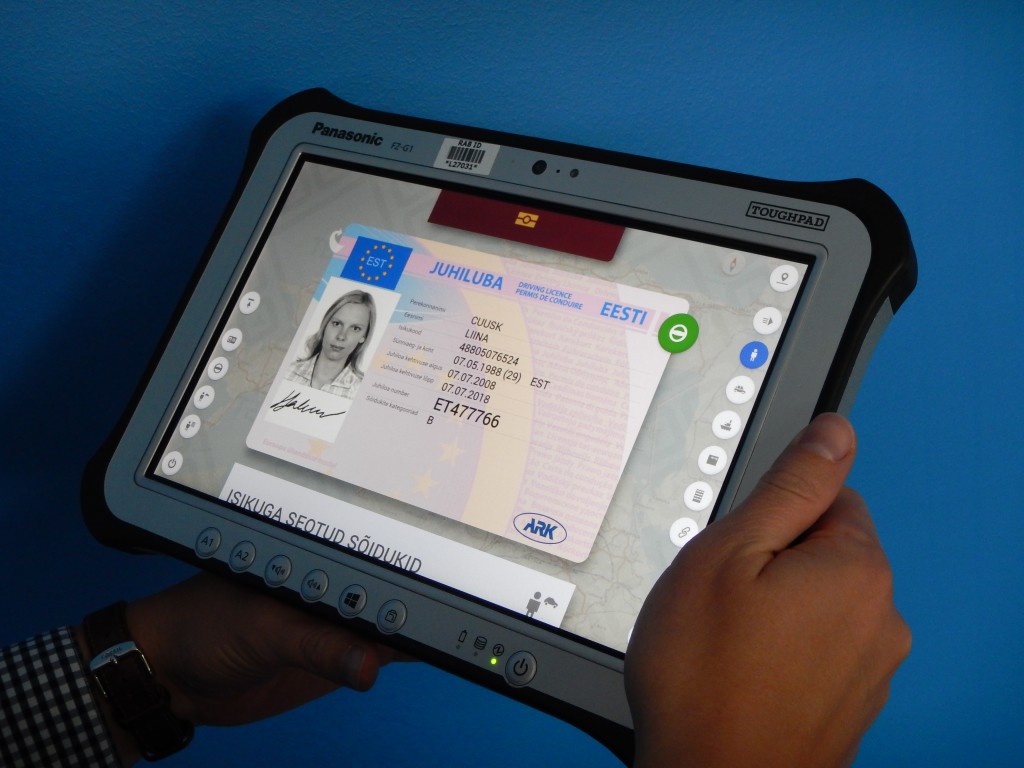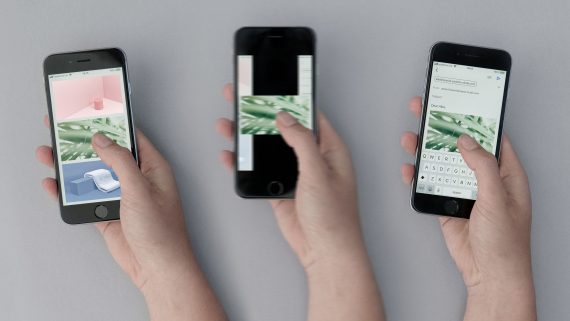HeyMama – Reframing and Transforming Social Interactions for Moms
Team
Company | Institution
Category
Type
Project description
Postpartum Depression (PPD) is the most common complication of childbirth – affecting 1 in 7 women in the US. Women are more likely to experience emotional difficulties following the birth of a baby than at any other time in their life. PPD also has a significant impact on the emotional, behavioral and intellectual development of the child. Recognizing its importance, the US task force recommends all mothers to be screened for PPD, yet less than half of health professionals routinely do so.
Research has shown that women who live in bigger cities have poorer social support and a higher prevalence of PPD. My own interviews with new moms in New York City revealed that it wasn’t a lack of social support that was the issue – it was that their friends and family were offering the wrong kind of support, at the wrong time.
These new moms also felt that actively asking for help would mark them out as a bad mother. This stigma also explains their unwillingness to seek professional help even when diagnosed.
Each of these new mothers had people around them wanting to offer help and support – yet their interactions with these friends and family were making their symptoms worse, not better.
HeyMama is an app that reframes those negative interactions, and transforms them into positive ones – giving moms the help and support they really need, and increasing the likelihood they will seek help should PPD symptoms appear.
Throughout the baby’s first year the App schedules regular check-ins with the user’s support circle – asking how she’s feeling, and what help she needs. By automating the process of asking for help, we transformed these interactions – making them positive and productive.
HeyMama also pairs each expectant mother with a local counselor – who will support them through the birth and beyond. Creating this connection before the birth meant that in moments of crisis, moms felt more comfortable seeking help.
HeyMama also contains stories from moms who’ve struggled. Each story reflects different symptoms of PPD – and is designed to educate users, and prompt them to take action if necessary. These stories helped combat the idea that struggling with motherhood is abnormal.
In a world where many incorrectly think of ‘connecting’ simply as ‘sharing’, I believe HeyMama demonstrates just how far design can go to transform the quality of social interactions – facilitating truly supportive connections that make a real difference to our lives.
Research has shown that women who live in bigger cities have poorer social support and a higher prevalence of PPD. My own interviews with new moms in New York City revealed that it wasn’t a lack of social support that was the issue – it was that their friends and family were offering the wrong kind of support, at the wrong time.
These new moms also felt that actively asking for help would mark them out as a bad mother. This stigma also explains their unwillingness to seek professional help even when diagnosed.
Each of these new mothers had people around them wanting to offer help and support – yet their interactions with these friends and family were making their symptoms worse, not better.
HeyMama is an app that reframes those negative interactions, and transforms them into positive ones – giving moms the help and support they really need, and increasing the likelihood they will seek help should PPD symptoms appear.
Throughout the baby’s first year the App schedules regular check-ins with the user’s support circle – asking how she’s feeling, and what help she needs. By automating the process of asking for help, we transformed these interactions – making them positive and productive.
HeyMama also pairs each expectant mother with a local counselor – who will support them through the birth and beyond. Creating this connection before the birth meant that in moments of crisis, moms felt more comfortable seeking help.
HeyMama also contains stories from moms who’ve struggled. Each story reflects different symptoms of PPD – and is designed to educate users, and prompt them to take action if necessary. These stories helped combat the idea that struggling with motherhood is abnormal.
In a world where many incorrectly think of ‘connecting’ simply as ‘sharing’, I believe HeyMama demonstrates just how far design can go to transform the quality of social interactions – facilitating truly supportive connections that make a real difference to our lives.

